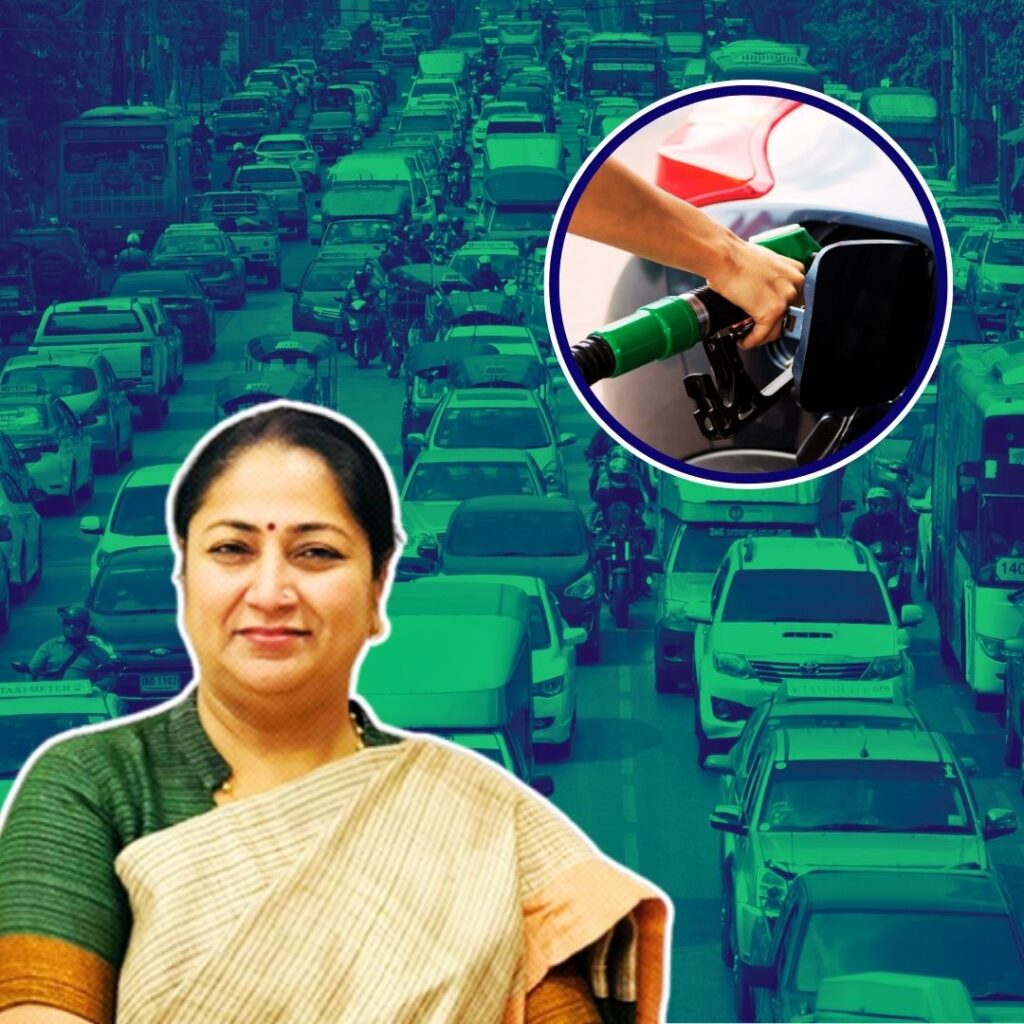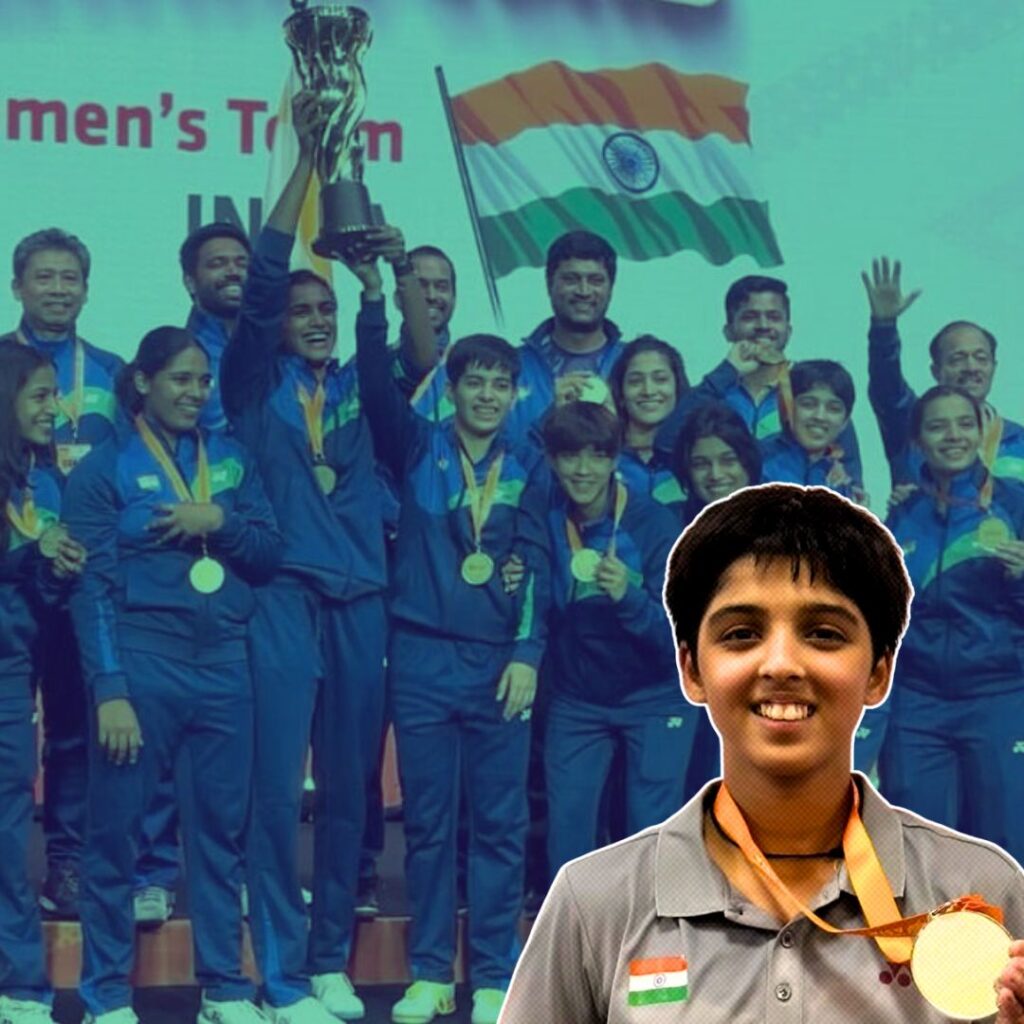The European migrant crisis, or less precisely European refugee crisis, began in 2015 when rising immigration numbers of illegal foreign migrants arrived in the European Union (EU), travelling across the Mediterranean Sea. The Mediterranean is considered one of the world’s most dangerous migration routes. In 2014, more than 3200 people died in this region. And in 2015, the first four months saw the death of at least 1750 people. At least half of the people travelling on this route are from war-torn countries or those with repressive governments like Syria, Eritrea, Somalia, and Afghanistan. The European Union countries have placed more emphasis on cracking down on smugglers than on saving lives of those at sea.
Since 1 January 2016, 4,690 men, women and children have died while trying to cross the Mediterranean Sea. This is a marked increase in the numbers when compared to 2015. And this growth in the death toll is not because the number of migrants has increased, but it is due to the higher risk in the stretch between Italy and Libya. This year at least 1 in 41 people who left Libya by boat died. Even after these deaths, the EU is focussing more on the smugglers and measures to deter the entry rather than providing a safe passage into the EU. This has resulted in bolder and more dangerous ways of smuggling to avoid border control.
Médecins Sans Frontières (MSF) / Doctors Without Borders
In 2016, the medical humanitarian organisation Médecins Sans Frontières (MSF) / Doctors Without Borders had teams on board three boats, the Dignity I, Bourbon Argos and the MV Aquarius (run in partnership with SOS MEDITERRANEE). From the beginning of operations in April until 29 November, these three teams directly rescued 19,708 people from overcrowded boats and assisted a further 7,117 people with safe transfer to Italy and medical care. At least one in seven of those rescued on the Mediterranean were helped by Médecins Sans Frontières teams.
What has been the work of MSF?
Men, women and children are being packed into even poorer quality boats:
In 2016, MSF teams rescued people from 134 extremely poor quality rubber boats, and 19 wooden boats. It also recovered the bodies of those for whom rescue came too late. The smugglers have started using very cheap quality, single-use inflatable boats to ferry the people because they assume that these boats will be captured or destroyed by the international military. They are overcrowded and ill-equipped to handle the huge numbers of people being carried to the other end of the sea. The MSF has recovered bodies of people who died due to asphyxiation or drowned in the bottom of a boat in a toxic mix of sea water and gasoline.
Smugglers are more ruthless than ever
The smugglers snatched away motors of the boats. The MSF teams have seen boats capsize after spending hours or even days floating aimlessly without a motor.
Horrifying stories of torture have emerged from those rescued. The migrants were kept in caves, holed up in ditches in the ground, executed mercilessly, and raped and tortured.
The silver lining in this dark cloud is that there are better-equipped rescue boats with life jackets, food, water, other supplies. The rescue teams are also coming at all hours of the day and the night.
Large numbers of unaccompanied kids are braving the sea alone
16% of arrivals to Italy are children, 88% of them are unaccompanied. A 10-year-old boy headed one small family rescued by the Aquarius, travelling alone with his siblings, all young enough to be in diapers.
Many pregnant women are also rescued. The pregnancies are because of rape. Some of the babies are very much wanted and came simply at a difficult time, while many others are the result of rape in Libya, on the road, or in the countries of origin. Many women who have been rescued, especially those traveling alone recount horrific stories of rape and sexual abuse in Libya. Many others are too traumatised to disclose what they have been through. The threat of rape is so well known that some women opt to have long term contraceptive implants put in their arm before they travel to ensure they do not become pregnant. In 2016, four babies were born on MSF’s rescue boats. It is miraculous that they were rescued in time and by boats with skilled midwives on board.
MSF is not assisting people smugglers nor are they smugglers
MSF are not people smugglers nor is it an anti-smuggling operation. They’re in the Mediterranean to save lives. Smugglers are exploiting some of the most vulnerable individuals in the world for profit, and their business model exists in part due to the lack of any safe and legal alternatives for people to be able to reach Europe. The instability and economic crisis in Libya are also a major factor in the proliferation of smuggling networks.
It’s not only women and children who are vulnerable Each and every person rescued by the MSF has a…











